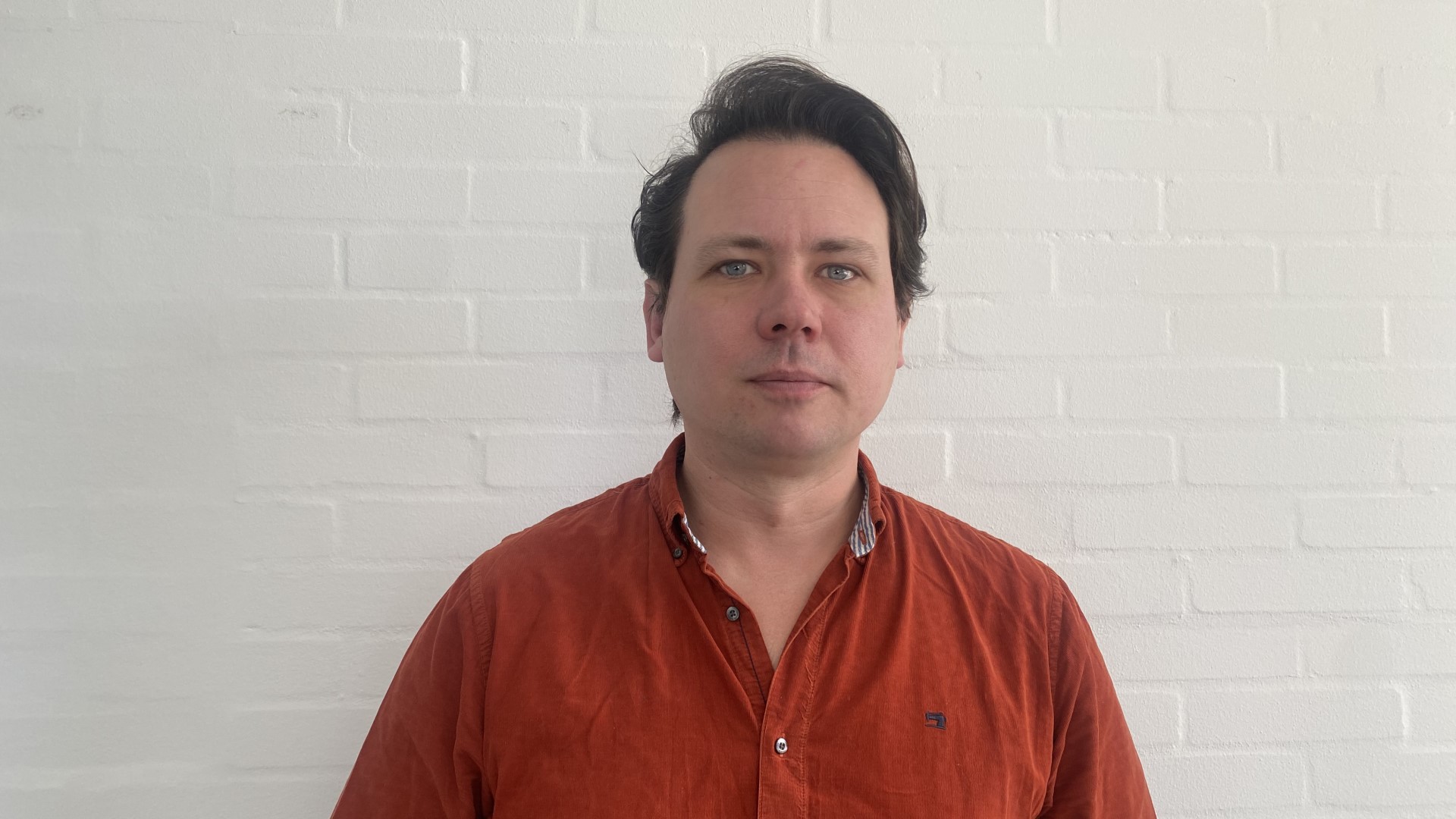Professor Anders Kristian Munk’s area of research is the intersection between computational methods, data science and anthropology, particularly controversies surrounding technologies. He holds a master's degree in Ethnology from Copenhagen University and a PhD in Geography from Oxford University. As a former Associate Professor and Scientific Director of the Computational Social Science and Humanities Hub (MASSHINE) at Aalborg University, he has extensive experience in this field. Anders notably co-founded and directed a digital methods research lab. He also spent two years as a visiting researcher at the Sciences Po médialab in Paris.
At DTU Management, Anders’ research will focus on exploring the controversies surrounding emerging technologies, such as Artificial Intelligence, particularly how these controversies arise on the web. He is also interested in controversies related to the green transition and has previously worked with areas such as the debate around wind turbine planning and climate adaptation.
At DTU he will continue his work with new technologies. To study large-scale communication across the web, Anders works with the application of language models and machine learning, investigating how these can be used to analyse large datasets. He elaborates on his interest in this research field, saying: “I am very interested in the controversies that arise regarding new technologies and how these technologies become a political matter.”
Anders is excited to be part of the new research group currently being assembled in the Technology and Business Studies Division. He sees many possibilities at DTU, because: “Working closely with experts in the technological fields that I am investigating from a different point of view offers promising new possibilities for DTU’s research”. Social acceptance is highly relevant in many technological areas, and as a technical university, DTU provides many opportunities for collaboration. Beside conducting his research in the section of Human-Centered Innovation at DTU Management, Anders is also collaborating with professors at DTU Compute and DTU Wind and Energy Systems.
Professor Brit Ross Winthereik, head of the Technology and Business Studies Division, looks forward to working with Anders: “I am very pleased that Anders has chosen to become a professor in our division. Anders’ research on mapping public attitudes towards science and technology is highly relevant at a technical university, where there will be a greater focus on human-centered technology in the coming years.”
